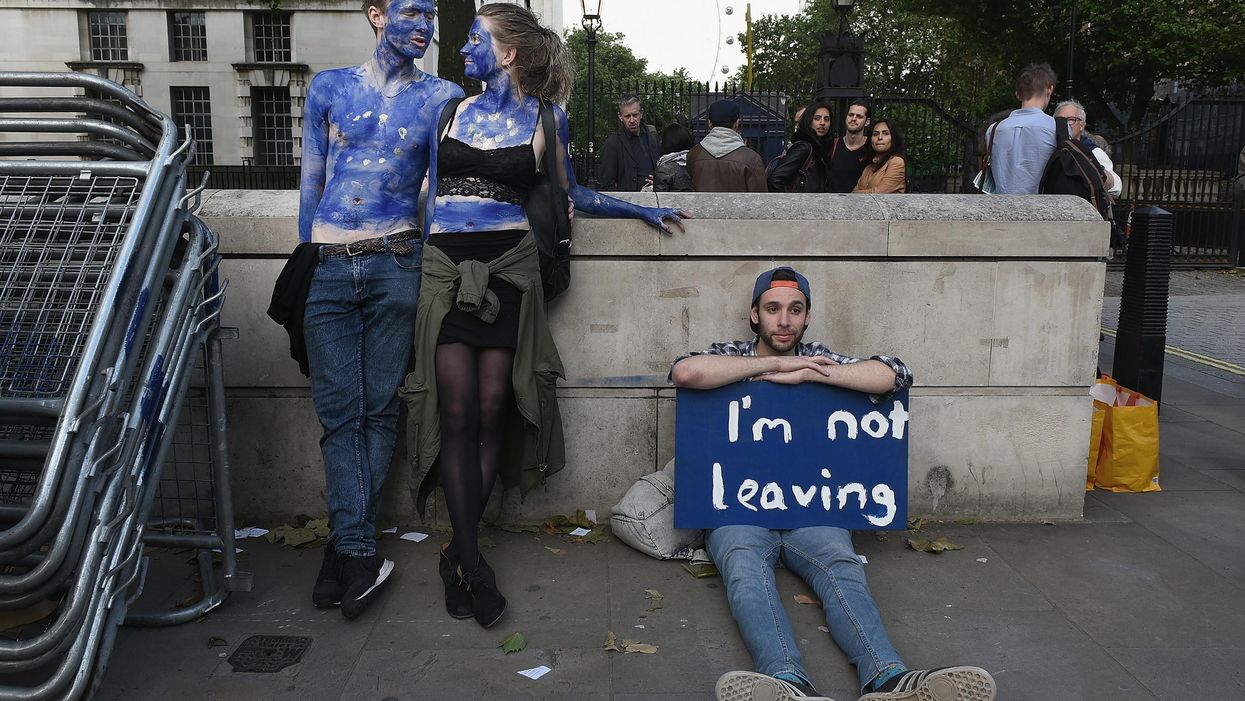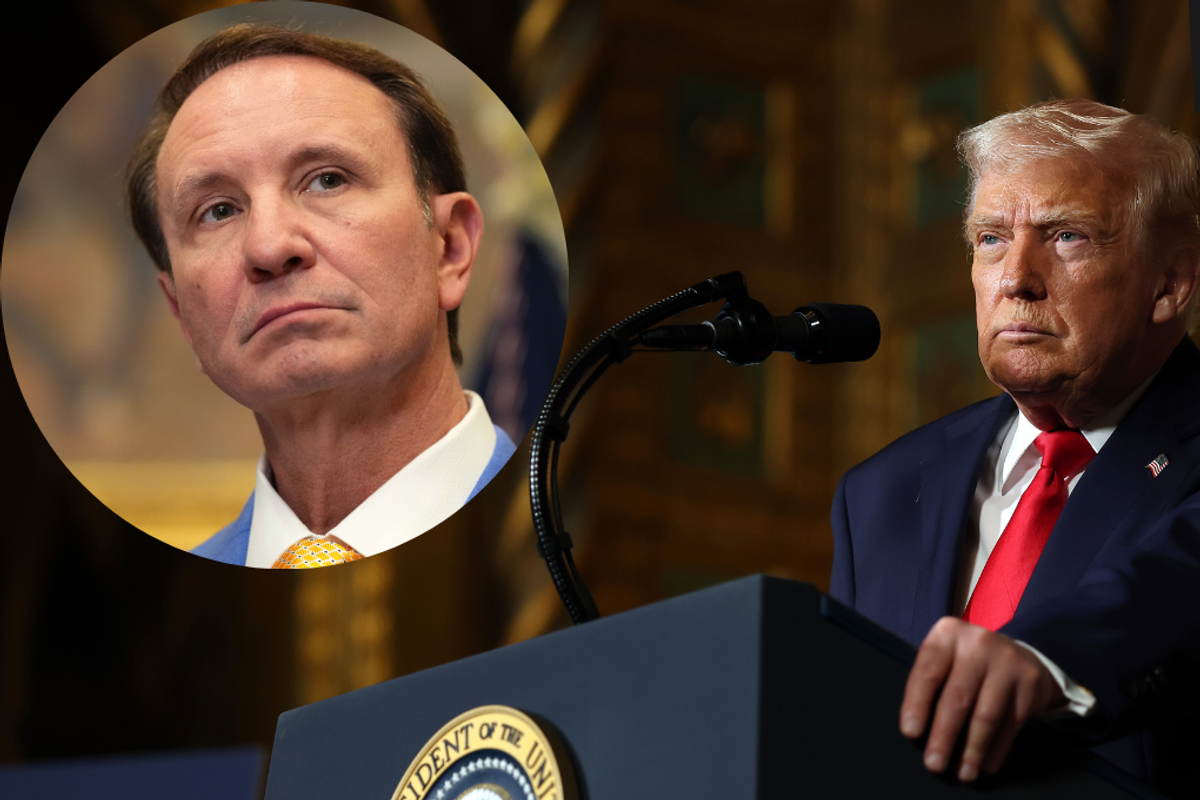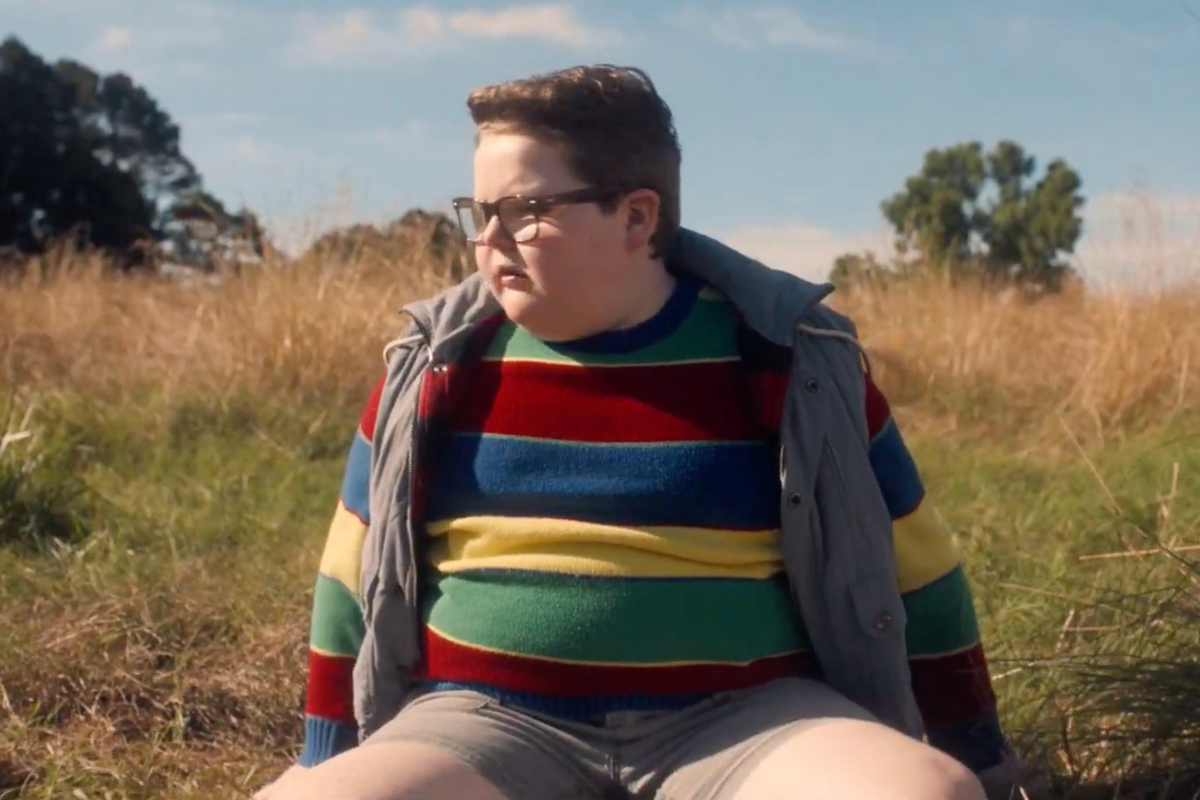
An emeritus professor at Staffordshire University has argued that the referendum does not reflect the will of the British public accurately, due to the fact it ignores the wishes of those who did not vote on 23 June.
Adrian Low argues on LSE blogs that the Leave win was by a margin of 3.8 per cent, or 1.3 million people, and that the 12.9 million who did not vote have been largely ignored - and that they were "by a ratio of 2:1, Remain supporters" (citing Ipsos/Newsnight, 29 June).
He contends that confidence in the 'Remain' lead in the polls lead to a lower turnout in 'Remain' voters, perhaps due to complacency, and also argues that some 'Leave' voters did so as a protest vote.

Had the democratic process been that of Australia where voting is compulsory, the polls indicate the result would have been to Remain from day zero, and would still be Remain.
He also points out that some circumstances may have prohibited voters from casting a ballot citing a Financial Times study which pointed out:
[Most university students] would generally be encouraged by their university to register to vote in their university town and they may not have realised early enough that they would have to apply for a postal vote given that term would be finished by 23 June.
There is also a point to be made that, looking forward, young people overwhelmingly voted in favour of remaining and that this demographic is only growing and is most affected, compared to older demographics who are declining and have less cause for concern about the future.
He points out that a Financial Times model found the result would be reversed by 2021 simply on the changing of demographics.
In addition, 16-18 year olds weren't permitted a vote, and according to NUS polls, 75 per cent of the 16-18 age group felt they should have hade one. He also points to 2.9 million EU Remain-leaning residents in the UK who weren't allowed to vote, compared to Commonwealth (and Republic of Ireland) residents in the UK who were.
He finishes his argument:
Brexit is not the will of the people in the UK. It never has been. Had all the people spoken on the day the result would almost certainly be what the pollsters had predicted, and what the UK, according to the polls, still wants, and that is to Remain.
Which is all very interesting. There is, however, a counterpoint to be made about only those bothering to vote deserving a voice.
More: People think this quote sums up post-Brexit Britain 'in a nutshell'













